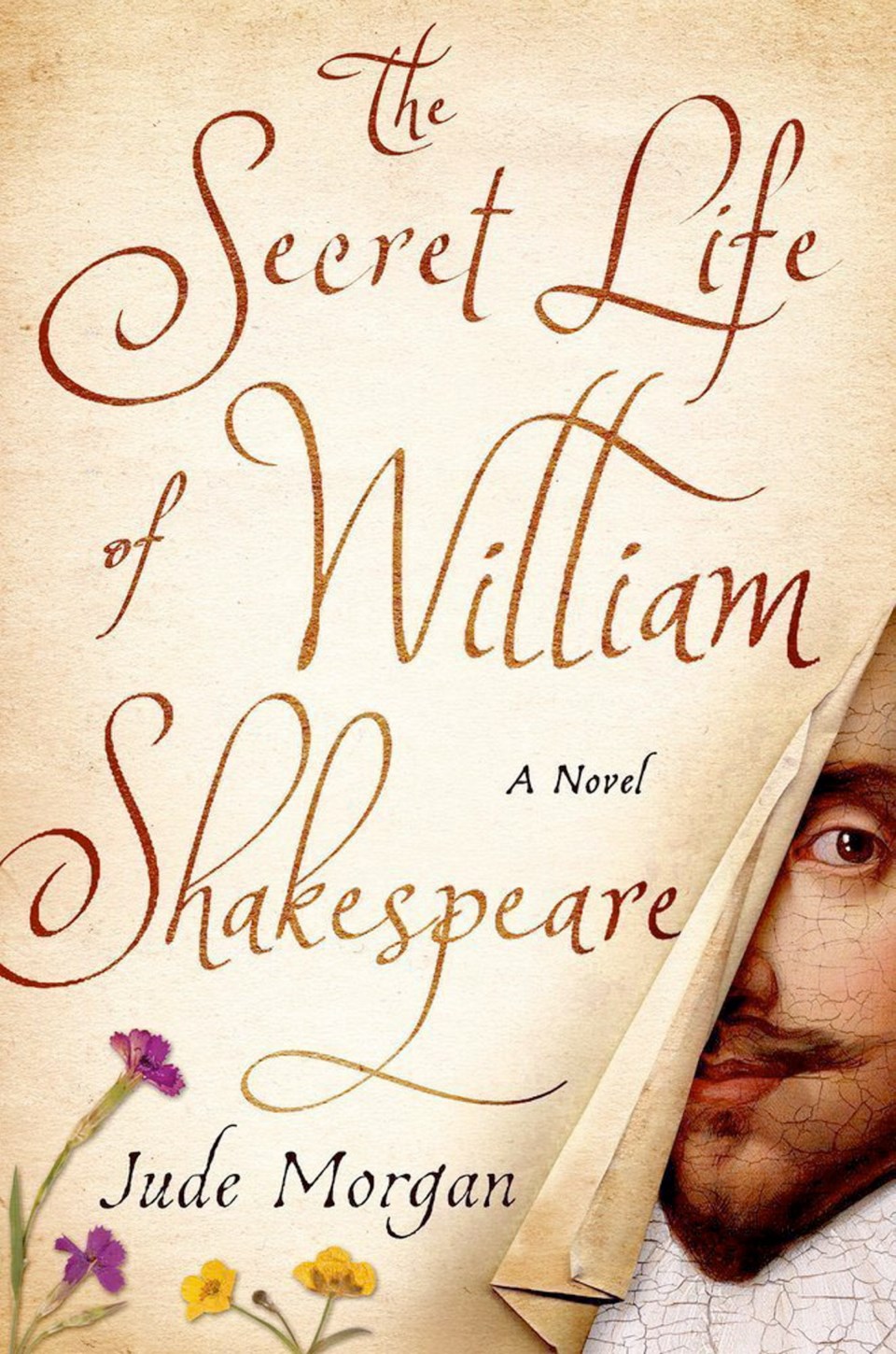The Secret Life of William Shakespeare
by Jude Morgan;
St. Martin’s, 448 pp, $26.99
We know so much about William Shakespeare, and yet we know so little.
Through documents public and private, we know that Shakespeare did indeed exist; we know about his family (his father, for instance, was a once-prominent leather worker in Stratford); we know he married a woman, Anne Hathaway, who was eight years older and who gave birth six months after their marriage; we know they had three children and their only son died at age 11; we know Shakespeare acted in his own plays and those of others; we know of his real estate dealings.
And yet we don’t know Shakespeare. What manner of man was he? What was inside his head? What was his relationship with his wife? His parents? His contemporaries? His society? These are some of the questions that Jude Morgan has audaciously set out to answer in his novel The Secret Life of William Shakespeare.
The book is difficult to get into — everyday Elizabethan England is to most of us an undiscovered country, and as we encounter the characters whose lives will later interweave, our heads reel. Often I found myself rereading large passages to try to grasp what was happening and who was who.
But patience pays off, and as characters and situations fell into place, I found myself rereading passages for an entirely different reason — the writing is sometimes so rich, so layered, so insightful, so beautiful that I wanted to make sure I was appreciating the words to their fullest (much as when we’re reading the real Shakespeare, in fact).
It would have been entertaining enough had Morgan simply written of Will’s rise from country lad to prominent playwright, but he’s given us far meatier material to contemplate: What constitutes one’s identity? What is the nature of love? What is the essence of marriage? What, ultimately, is more real: the world that we create for ourselves through our experiences, or the world that the playwright (or any literary master, for that matter) creates for us?
For Morgan’s imagined Shakespeare, this question of reality is paramount. Will sometimes sees himself as an empty vessel, void of personality; it’s only in his writing that ideas take on form: “In words he is home and free as nowhere else, and sometimes getting up from the desk he cannot for a moment adjust to the world being physical and not made by him, and he wobbles, as if his legs are turning to phrases and his feet to metaphors.”
But Morgan does not restrict himself to Shakespeare’s point of view; we see the world through Anne’s eyes, through the brash Kit Marlowe’s, through the egotist Ben Jonson’s. Each has to come to terms with the question of self-identity, and each confronts as well the question of who is Will Shakespeare.
For Anne, is he a loving husband or a distant soul she’s unable to connect with? For Marlowe, Jonson and other rival writers, is he a marvelously perceptive chronicler of the human condition or a clever manipulator of words whose writing bends to the whims of popular taste?
Even as he takes us deep into the minds of each of the important players in Will’s life (and most deeply into Will’s own mind), Morgan keeps us firmly rooted in Shakespeare’s milieu. His stylized dialogue maintains the sound of Elizabethan English without sounding archaic (he discusses his approach to this challenge in a Q&A at the end of the book). He deftly deposits us into the complexities of Will and Anne’s evolving marriage; into an itinerant acting troupe’s rowdy, tenuous existence; into the hustle and terror of plague-ridden London; into the bookstores and bedrooms of Will’s inner circle.
Morgan’s descriptions envelop us; Will’s life becomes so real to us that we must ask ourselves: Is this creation that’s conjured up in our minds perhaps a truer existence than the den or living room where we’re sitting as we read? Isn’t that, after all, the test that any writer faces: the test of delivering the reader, the playgoer, the TV viewer from their perceived reality into the reality that the writer has imagined?
That transport is the magic that Shakespeare, at his best, achieves. And that is what Morgan, at his best, has accomplished in The Secret Life: creating for us a world that we not only believe might have existed, but one that in the end we believe must and everlastingly does exist.



